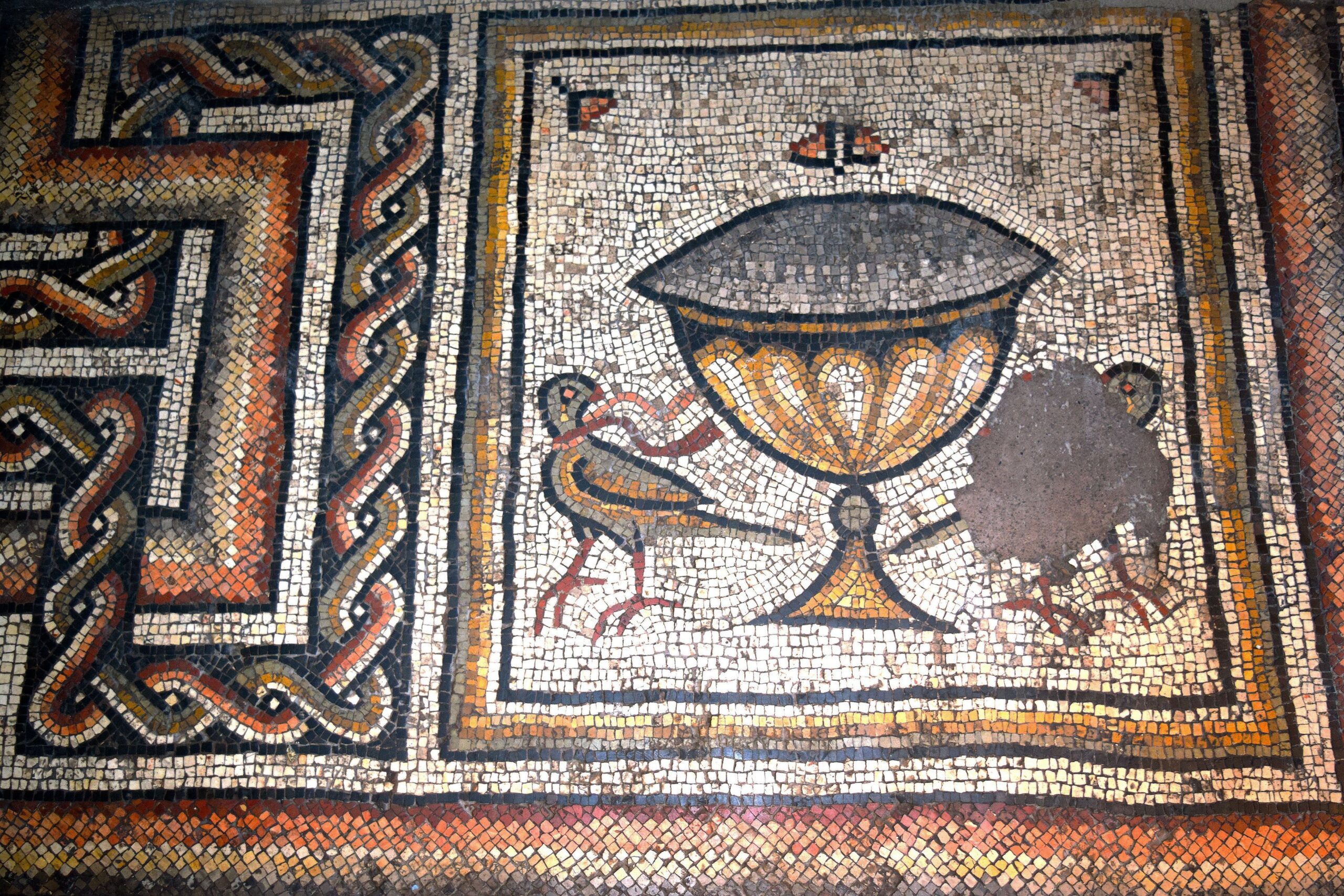
Bottom-Up Conflict Narratives and Identity Construction in Syria
Individuals’ interpretations of the Syrian armed conflict correlated with their way of thinking about the “in-group” to which they envision belonging in the future—namely, whether that “in-group” is broadly inclusive and pluralistic or narrowly defined in terms of ethnic or sectarian identity.
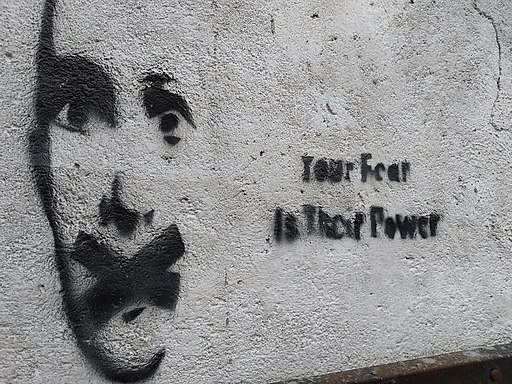
Facts Change Americans’ Beliefs About the Actual Risks of Terrorism
Facts about the risk of terrorism, especially in the context of other risks factors, can mitigate Americans’ fears of terrorism and bring them into closer alignment with reality.
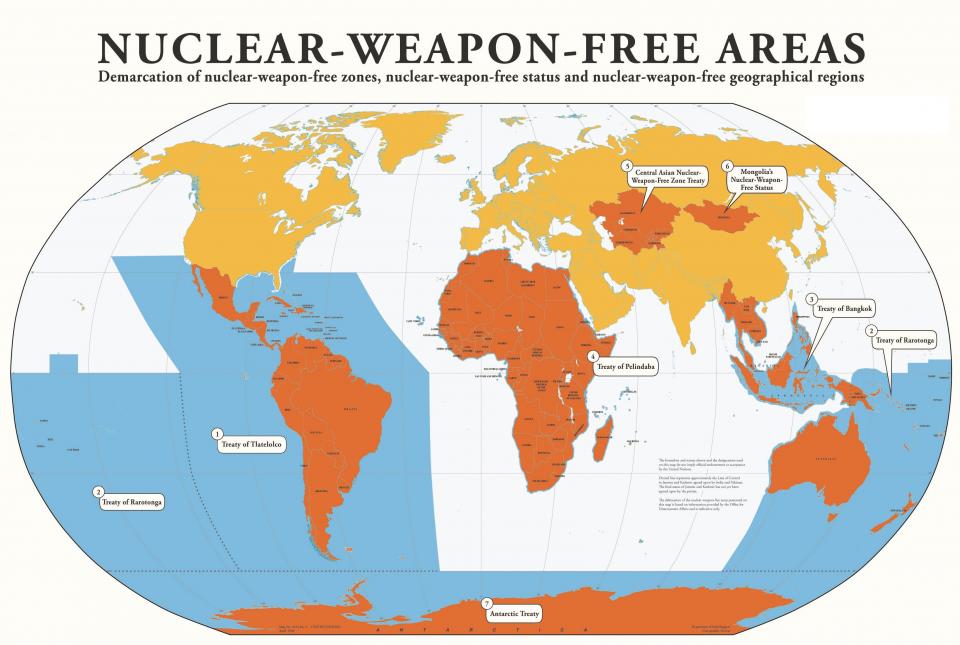
An African Obedient Rebellion to the Global Nuclear Order
The African nuclear weapon-free zone, as a form of “obedient rebellion”, is central to challenging the global nuclear order.

Building Peace in Cyberspace
By examining cybersecurity through the lens of peace and conflict studies, we can shift the discourse on cyberwar to a focus on cyberpeace.
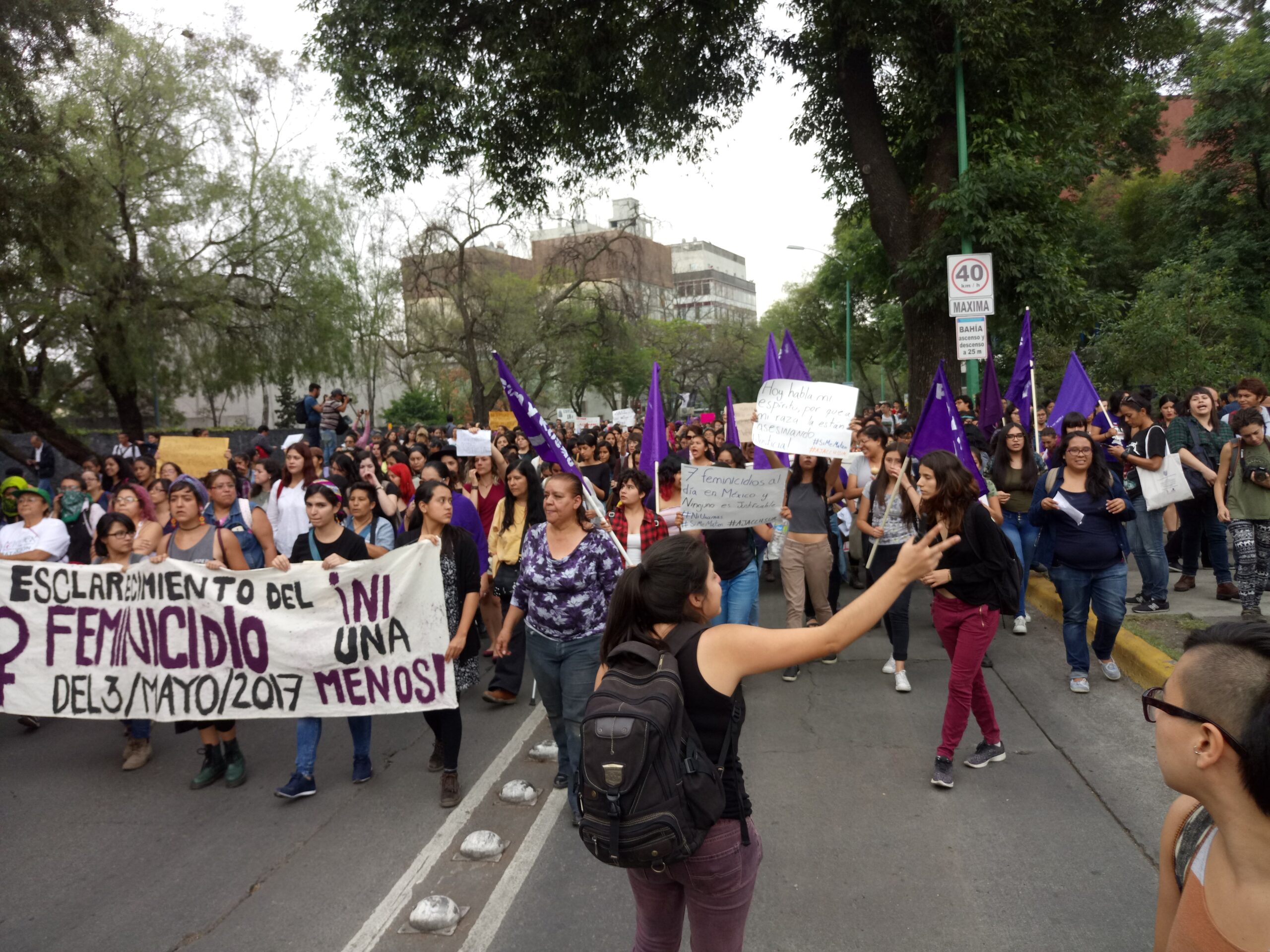
How Social Networks Facilitate Protest Against and Amid Criminal Violence
Involvement in social networks helps explain why individuals decide to protest the insecurity they face, despite the risks from both criminal groups and state security forces.
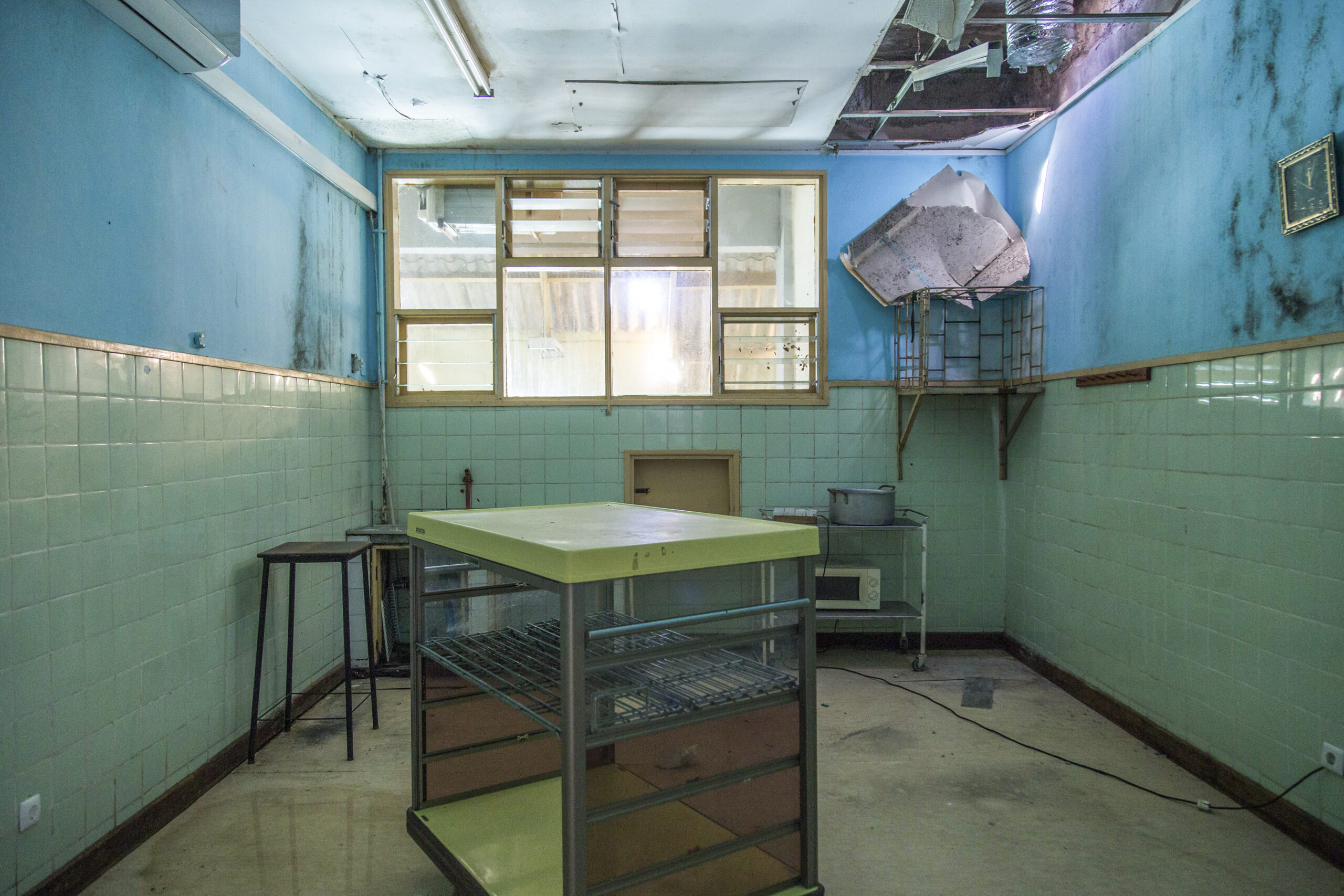
War Results in Adverse Health Outcomes for Children
Across 52 developing countries, children exposed to armed conflict score significantly lower on key measures of childhood health compared to those who are not exposed to armed conflict.
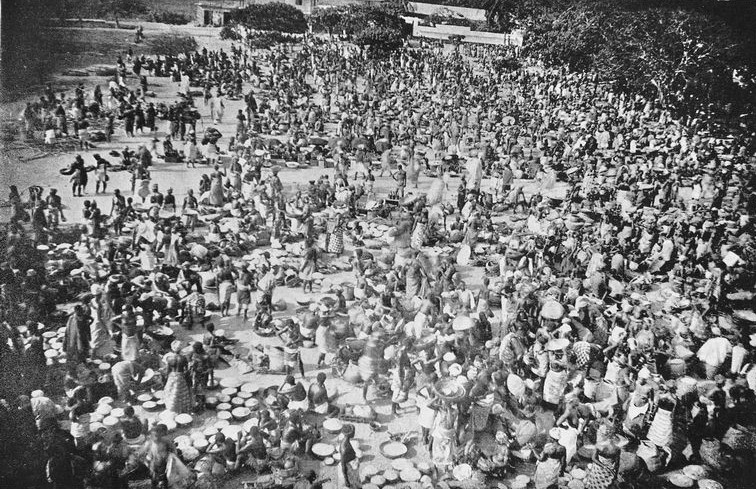
How Women’s Situation Rooms Harness Gender to Prevent Political Violence
In various West African countries, women’s situation rooms (WSRs) monitor election-related violence and more, which enables them to respond to emerging crises.

Police Fragmentation Increases Risk of Conflict Recurrence and Human Rights Abuses in Post-Conflict Countries
Police fragmentation results in a higher risk of conflict recurrence and “greater discretion in the use of violence…against the civilian population” in post-conflict countries.

Local Capacities for Preventing and Rejecting Violent Conflict
The very existence of peaceful societies demonstrates that communities have options and agency even in the broader context of wartime violence.
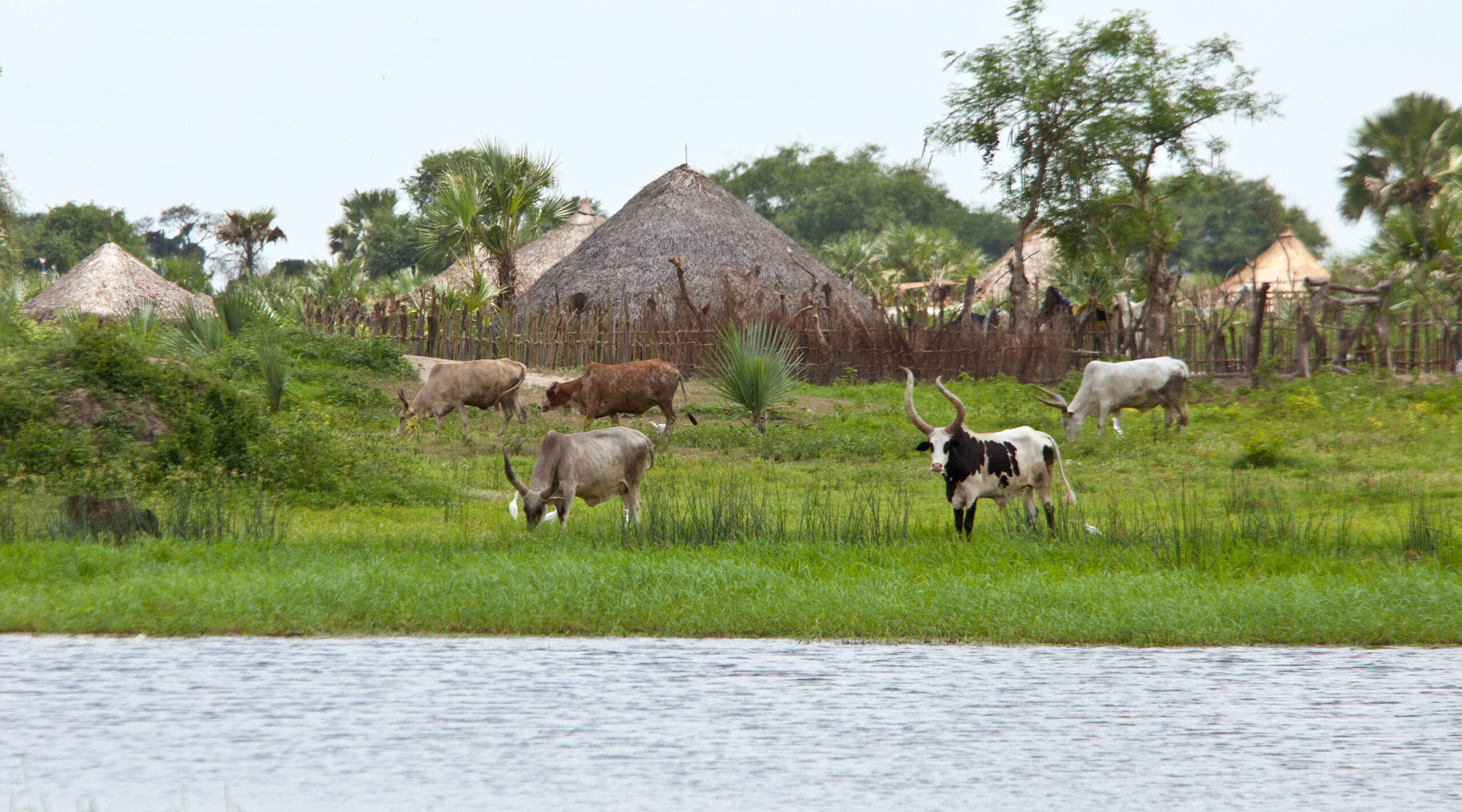
Familiarity as a Means of Protecting the Community Against Atrocity Crimes
In the context of violence in South Sudan, civilians leveraged relationships to overcome protection gaps left by external actors.
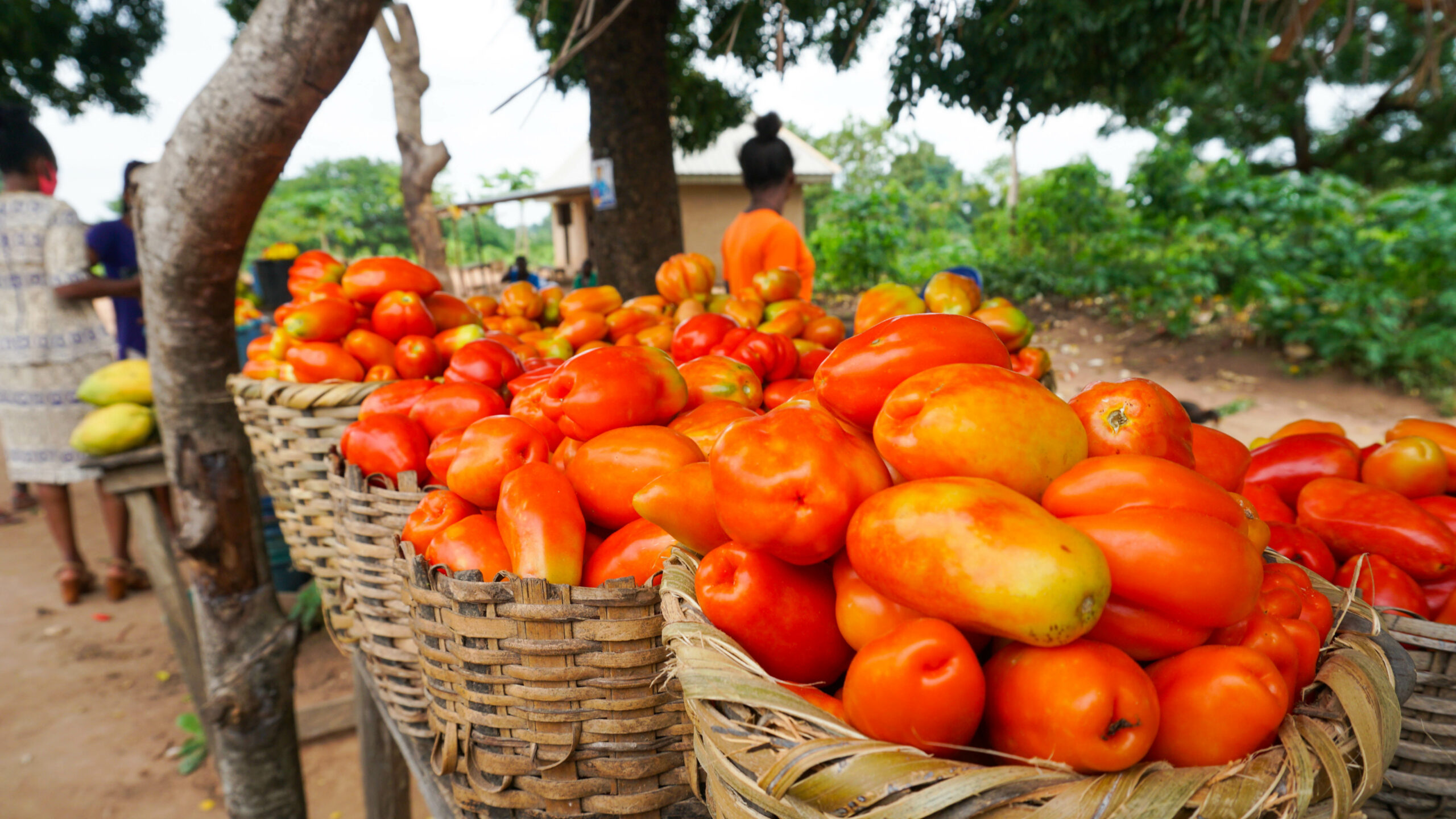
The Role of Community Gender Norms and Relations in Both Mobilizing and Preventing Violence in Jos, Nigeria
Different norms of masculinity, and the broader community’s cultivation of these, as well as women’s roles in encouraging or mitigating violence, significantly influence whether a community will mobilize for violence or resist participation in violence amidst communal conflict.
